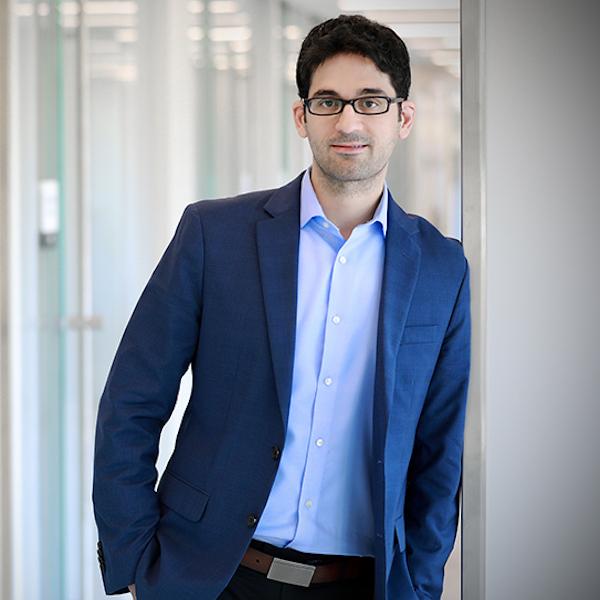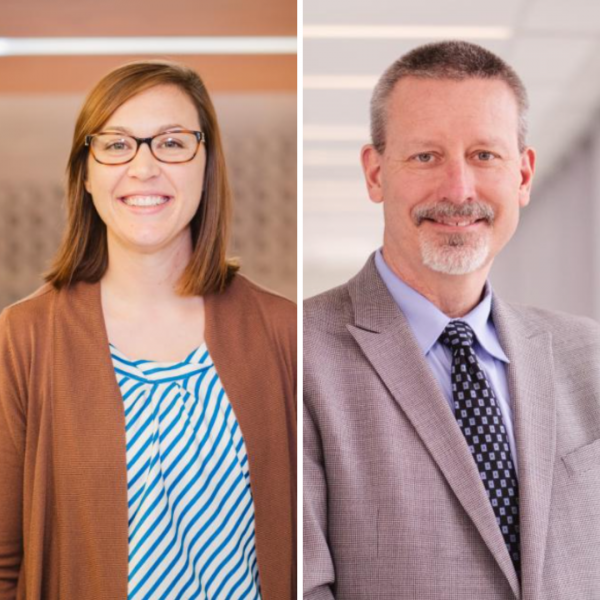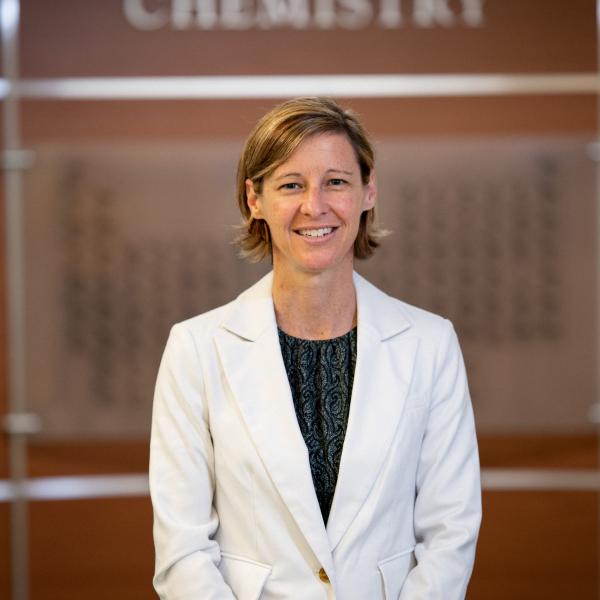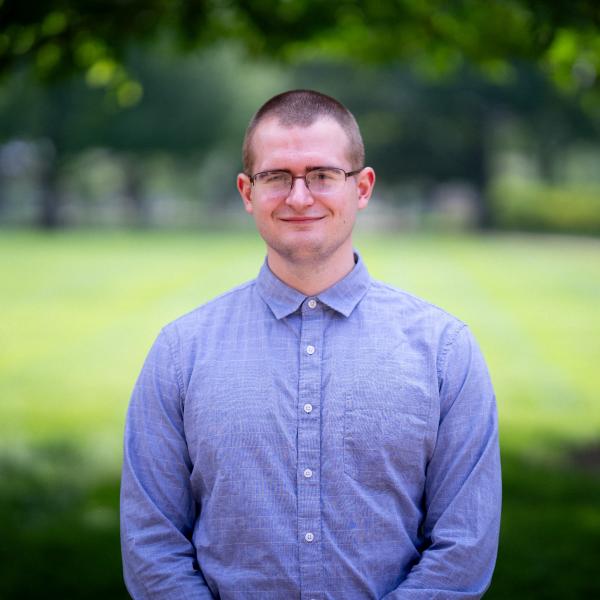Join us in recognizing the achievements and memories of seven faculty members who are closing out their careers in Arts & Sciences.
Janet Duchek
Department of Psychological & Brain Sciences
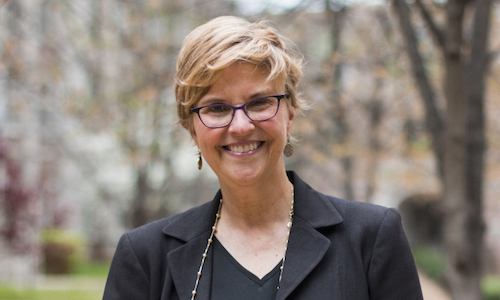
Claude Evans
Department of Philosophy
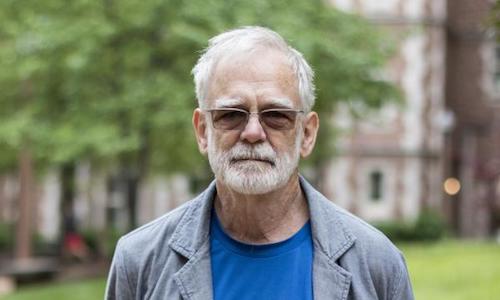
Claude Evans's teaching and research interests include environmental philosophy, existential philosophy and romanticism, and the aesthetics of landscape. Over the course of his career at WashU, he authored multiple books, including With Respect for Nature: Living as Part of the Natural World and Strategies of Deconstruction: Derrida and the Myth of the Voice. A recent project focused on Paul Strand's abstract photographs. He taught courses on existentialism, aesthetics, and environmental ethics.
Beata Grant
Department of East Asian Language and Cultures, Religious Studies
 During her time at WashU, Beata Grant's research and teaching interests have included Chinese women's writing of the premodern period, as well as the history of Chinese Buddhist nuns from the late imperial and early republican periods. Her most recent book, the translation Zen Echoes: Classic Koans with Verse Commentaries by Three Female Zen Masters, was published in 2017.
During her time at WashU, Beata Grant's research and teaching interests have included Chinese women's writing of the premodern period, as well as the history of Chinese Buddhist nuns from the late imperial and early republican periods. Her most recent book, the translation Zen Echoes: Classic Koans with Verse Commentaries by Three Female Zen Masters, was published in 2017.
Out of all her classes, Grant says she enjoyed two most deeply: 1) Early and Imperial Chinese Literature in Translation and 2) Buddhist Traditions. “Both of these classes are introductory survey classes, so I have had the pleasure of sharing the curiosity, surprise, and excitement of many students who had never been exposed to this material before,” Grant explained. “Since one learns so much by teaching, these classes have allowed me the opportunity to continually deepen and expand my knowledge and understanding of these two areas of interest, both of which have engaged me for many decades now. I am very grateful for that.”
Grant acknowledges that there are some disappointments in wrapping up her time at WashU at this particular moment in history. “Apart from the challenge of moving my teaching online, it has been rather sad not being able to spend more non-virtual time with students, friends, and colleagues before saying goodbye,” Grant noted. “I do want a chance to thank them in person for their generous and warm collegiality.”
Going forward, Grant has several projects underway that will continue into retirement, including research papers and an anthology of translations. She also looks forward to “devoting more time to drawing and painting, and – when and if it becomes safe again – travel!”
Mark Rollins
Department of Philosophy
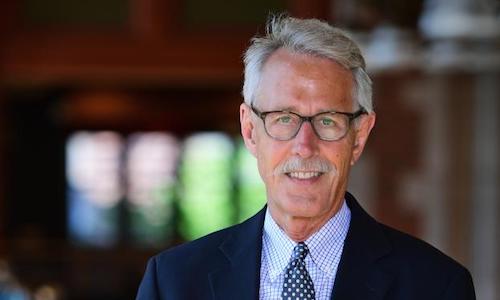
Over the course of three decades at Washington University, Mark Rollins has held numerous leadership and administrative roles. Most recently, he served as dean of University College and oversaw the Lifelong Learning Institute and Summer School.
Rollins has served on or chaired virtually every major academic committee, including the Faculty Senate Council, the Faculty Council for Arts & Sciences, the Arts & Sciences Curriculum Review Committee, and the Arts & Sciences Academic Planning Committee. He has chaired both the Department of Philosophy and the Performing Arts Department. In recognition of these efforts, Rollins received the Arts & Sciences Distinguished Leadership Award in 2014.
As a professor of philosophy, Rollins has published on the philosophy of mind, philosophy of science, and aesthetics. He taught courses in both philosophy and philosophy-neuroscience-psychology, an innovative program that he helped develop. He is the author of Mental Imagery: On the Limits of Cognitive Science.
Demetrios Sarantites
Department of Chemistry
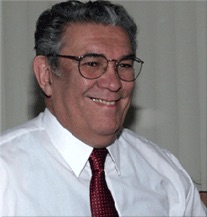 Since 1965, Demetrios Sarantites has been on the faculty of the Department of Chemistry. Throughout his career, his research has included nuclear structure studies using gamma-ray spectroscopy with multi-detector gamma-ray system. Sarantites has been a member of both the American Chemical Society (ACS) and the American Physical Society (APS). His accolades include the Glenn T. Seaborg Award for Nuclear Chemistry.
Since 1965, Demetrios Sarantites has been on the faculty of the Department of Chemistry. Throughout his career, his research has included nuclear structure studies using gamma-ray spectroscopy with multi-detector gamma-ray system. Sarantites has been a member of both the American Chemical Society (ACS) and the American Physical Society (APS). His accolades include the Glenn T. Seaborg Award for Nuclear Chemistry.
“I am thankful to WashU and to the chemistry department for facilitating my research by providing the conditions for development of novel instrumentation,” Sarantites said. “This ensured generous government funding and international use of our instrumentation that led to over 300 publications of mine in peer-reviewed journals.”
On the teaching and mentorship side, Sarantites regularly taught nuclear chemistry and radiochemistry courses and worked with students at the graduate level. “I also am grateful that the university provided first-class graduate students,” he pointed out. Two of Sarantites’ graduate students, Edward Hoffman and Michael E. Phelps, went on to develop the PET scanner. In addition, “some of my postdoctoral fellows continued working in the field and were responsible for other important discoveries.”
Jack Shapiro
Department of Mathematics and Statistics
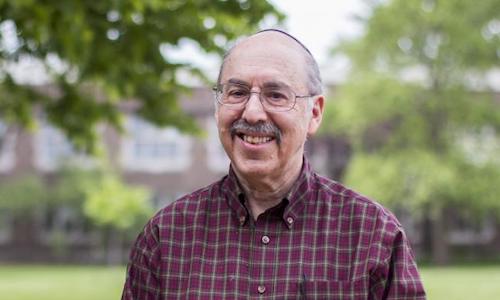
Jack Shapiro retires after just completing his 50th year in the Department of Mathematics (now the Department of Mathematics and Statistics). “The university looks totally different” compared to 1970, Shapiro pointed out. “Only the quadrangle still looks the same.”
In recent years, Shapiro has enjoyed teaching Calculus 3 followed by Matrix Algebra to incoming first-year students. “To be in that sequence from your freshman year means that you are one of the really good students in mathematics. It’s great and a lot of fun to teach them,” he said.
While continuing to teach from home this semester, Shapiro reflects fondly on his many years at WashU. “It was a lot of fun being here, and I’ve always enjoyed it. The math department is a very friendly, relaxed place with some very good mathematicians,” he said. In the future, when travel again becomes an option, he looks forward to spending more time with longtime colleagues at the Israel Institute of Technology in Haifa, Israel.
Edward Spitznagel
Department of Mathematics and Statistics
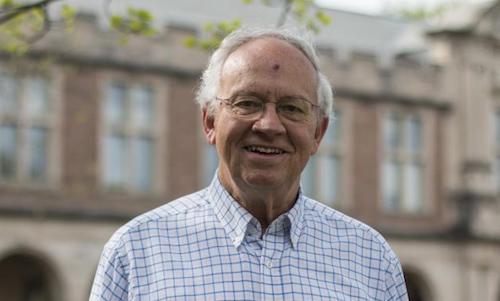
Edward Spitznagel joined the WashU faculty in 1969 and holds a joint appointment with the School of Medicine. The connections between his mathematical work and medicine first began amid worrying reports that a 1960s-era anesthetic called halothane was causing cases of liver toxicity. “The federal government got worried and paid for massive data analyses,” Spitznagel said. Dr. Bill Owens took the lead and recruited Spitznagel to join the effort. “It was an early example of what we now call ‘big data,’” Spitznagel explained.
“One thing led to another, and by now I have been a participant in most departments and divisions of our medical school. That includes genetics, internal medicine, anesthesia, surgery, psychiatry, biostatistics, otolaryngology, oncology, infectious diseases, etc. It has been my privilege to be a co-author in all those areas,” he said.
Spitznagel has also won ten awards for teaching, including the prestigious Mathematical Association of America Haimo award. In one class, he surprised students by inviting them to bring in musical instruments. “We digitized their sounds in order to compute Fourier analyses of the fundamentals and harmonic overtones,” he said. He was proud to report that many of his students have gone on to graduate or medical school at “Chicago, Harvard, Cornell, to name a few, and have excellent ongoing research careers.”
So what can current instructors learn from Spitznagel’s success? “I guess I would say don't be afraid to try new ideas,” he suggested. “Sometimes they go over like a lead balloon, but other times I've heard back from students that a course was the best thing that ever happened to them.”


